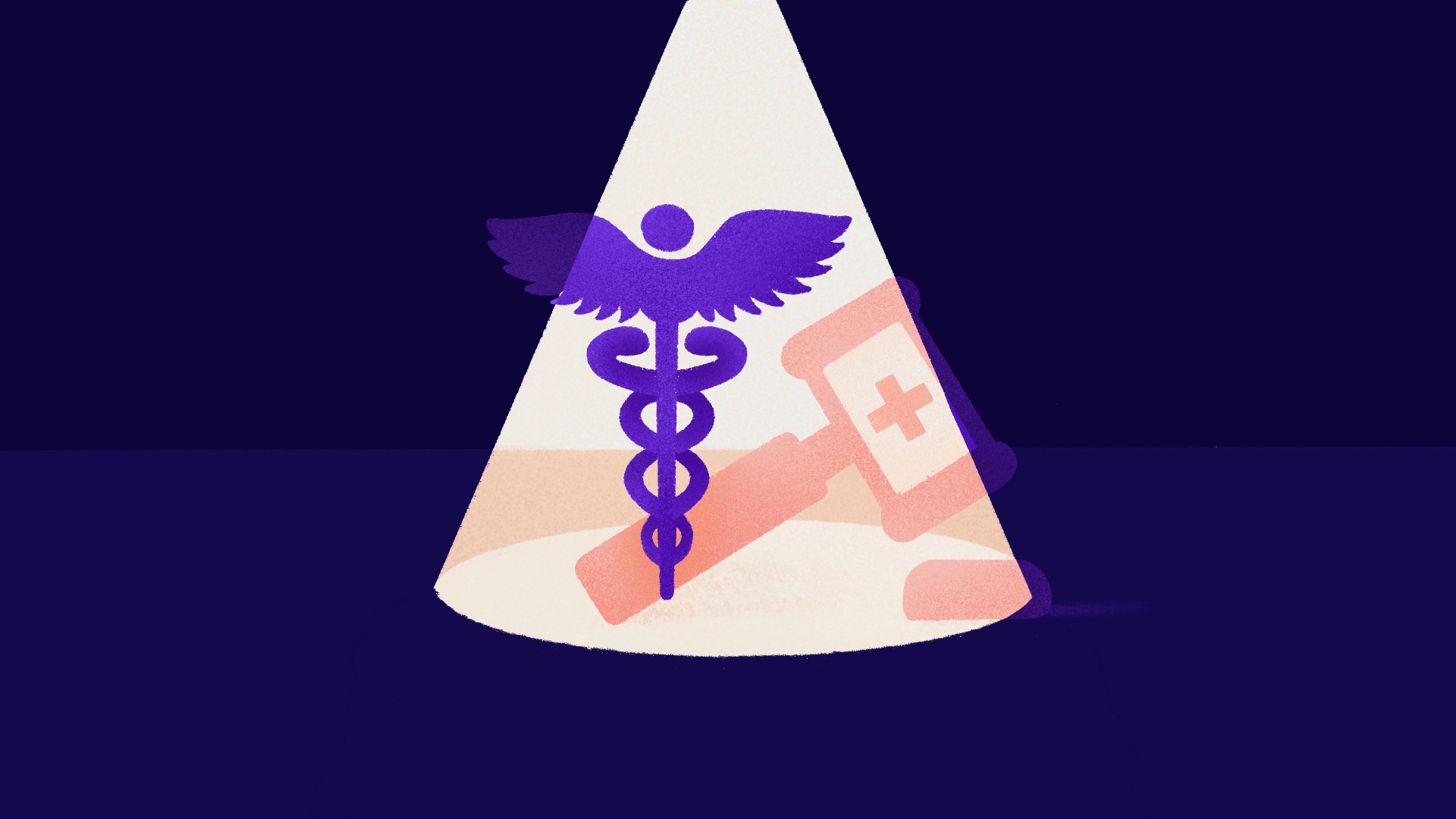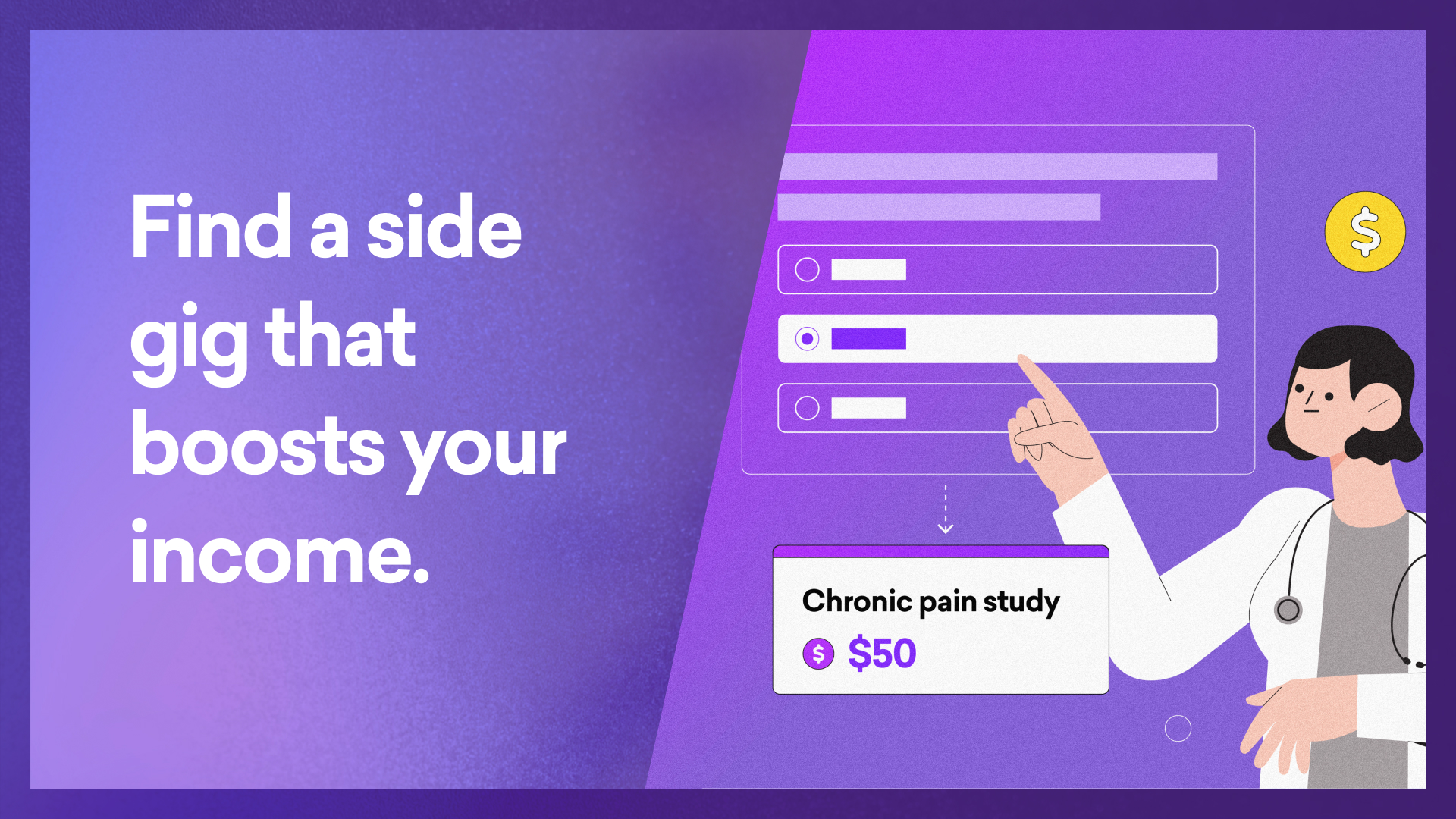What should I tell my care team before I take this medication?
They need to know if you have any of these conditions:
- Alcohol use
- Bile duct or gallbladder problems
- Bowel blockage
- Brain tumor
- Diabetes
- Head injury
- Heart disease
- Heart failure
- High or low levels of electrolytes, such as magnesium or potassium, in your blood
- Irregular heartbeat or rhythm
- Kidney disease
- Liver disease
- Low adrenal gland function
- Low blood pressure
- Lung or breathing disease, such as asthma or COPD
- Mental health conditions
- Pancreatitis
- Seizures
- Slow heartbeat
- Substance use disorder
- An unusual or allergic reaction to methadone, other medications, foods, dyes, or preservatives
- Pregnant or trying to get pregnant
- Breastfeeding
What may interact with this medication?
Do not take this medication with any of the following:
- Certain medications for fungal infections, such as itraconazole, ketoconazole, posaconazole, voriconazole
- Certain medications for irregular heartbeat, such as bepridil, bretylium, dronedarone, quinidine
- Cisapride
- Halofantrine
- Mesoridazine
- Pimozide
- Rasagiline
- Selegiline
- Thioridazine
This medication may also interact with the following:
- Alcohol
- Antihistamines for allergy, cough, and cold
- Antiviral medications for HIV or AIDS
- Arsenic trioxide
- Atropine
- Certain antibiotics, such as clarithromycin, erythromycin, gemifloxacin, levofloxacin, moxifloxacin, ofloxacin, pentamidine, telithromycin, rifampin, rifapentine
- Certain medications for anxiety or sleep
- Certain medications for bladder problems, such as oxybutynin, tolterodine
- Certain medications for cancer, such as dasatinib, lapatinib, sunitinib, vorinostat
- Certain medications for depression, such as amitriptyline, desipramine, fluoxetine, sertraline
- Certain medications for irregular heartbeat, such as amiodarone, disopyramide, flecainide, procainamide, propafenone, sotalol
- Certain medications for malaria, such as chloroquine, mefloquine
- Certain medications for migraine headache, such as almotriptan, eletriptan, frovatriptan, naratriptan, rizatriptan, sumatriptan, zolmitriptan
- Certain medications for nausea or vomiting, such as dolasetron, droperidol, granisetron, ondansetron
- Certain medications for seizures, such as carbamazepine, phenobarbital, phenytoin, primidone
- Certain medications for stomach problems, such as dicyclomine, hyoscyamine
- Certain medications for travel sickness, such as scopolamine
- Certain medications for Parkinson's disease, such as benztropine, trihexyphenidyl
- Fluconazole
- General anesthetics, such as halothane, isoflurane, methoxyflurane, propofol
- Haloperidol
- Ipratropium
- Linezolid
- Local anesthetics, such as lidocaine, pramoxine, tetracaine
- MAOIs, such as Marplan, Nardil, and Parnate
- Medications that relax muscles for surgery
- Methylene blue
- Octreotide
- Other medications that cause heart rhythm changes
- Other opioid medications for pain or cough
- Peginterferon alfa-2b
- Phenothiazines, such as chlorpromazine, prochlorperazine
- Ranolazine
- Tacrolimus
- Vardenafil
This list may not describe all possible interactions. Give your health care provider a list of all the medicines, herbs, non-prescription drugs, or dietary supplements you use. Also tell them if you smoke, drink alcohol, or use illegal drugs. Some items may interact with your medicine.
What should I watch for while using this medication?
If you are using this medication for pain, tell your care team if your pain does not go away, if it gets worse, or if you have new or a different type of pain. You may develop tolerance to this medication. Tolerance means that you will need a higher dose of the medication for pain relief. Tolerance is normal and is expected if you take this medication for a long time.
If you are using this medication for opioid use disorder, visit your care team regularly. For this medication to be most effective, you should attend any counseling or support groups that your care team recommends. Do not try to overcome the effects of the medication by taking large amounts of opioids. This can cause severe problems including death. Also, you may be more sensitive to lower doses of opioids after you stop taking this medication.
Wear a medical ID bracelet or chain. Carry a card that describes your condition. List the medications and doses you take on the card.
Taking this medication with other substances that cause drowsiness, such as alcohol, benzodiazepines, or other opioids can cause serious side effects. Give your care team a list of all medications you use. They will tell you how much medication to take. Do not take more medication than directed. Call emergency services if you have problems breathing or staying awake.
Children may be at higher risk for side effects. Stop giving this medication and call emergency services right away if your child has slow or noisy breathing, has confusion, is unusually sleepy, or not able to wake up.
Long term use of this medication may cause your brain and body to depend on it. This can happen even when used as directed by your care team. You and your care team will work together to determine how long you will need to take this medication. If your care team wants you to stop this medication, the dose will be slowly lowered over time to reduce the risk of side effects.
Naloxone is an emergency medication used for an opioid overdose. An overdose can happen if you take too much of an opioid. It can also happen if an opioid is taken with some other medications or substances such as alcohol. Know the symptoms of an overdose, such as trouble breathing, unusually tired or sleepy, or not being able to respond or wake up. Make sure to tell caregivers and close contacts where your naloxone is stored. Make sure they know how to use it. After naloxone is given, the person giving it must call emergency services. Naloxone is a temporary treatment. Repeat doses may be needed.
This medication may affect your coordination, reaction time, or judgment. Do not drive or operate machinery until you know how this medication affects you. Sit up or stand slowly to reduce the risk of dizzy or fainting spells. Drinking alcohol with this medication can increase the risk of these side effects.
This medication will cause constipation. If you do not have a bowel movement for 3 days, call your care team.
Your mouth may get dry. Chewing sugarless gum or sucking hard candy and drinking plenty of water may help. Contact your care team if the problem does not go away or is severe.
Talk to your care team if you may be pregnant. Prolonged use of this medication during pregnancy can cause temporary withdrawal in a newborn.
Talk to your care team before breastfeeding. Changes to your treatment plan may be needed. If you breastfeed while taking this medication, seek medical care right away if you notice the child has slow or noisy breathing, is unusually sleepy or not able to wake up, or is limp.
Long-term use of this medication may cause infertility. Talk to your care team if you are concerned about your fertility.
What are the most serious risks of this medication?
Tell your healthcare provider if you are pregnant or trying to get pregnant. If you take this medicine while pregnant, your newborn baby may have withdrawal symptoms that can be life-threatening. Your baby will need special care after delivery.
This medicine is a CNS depressant. It can cause deadly breathing problems. The risk is greatest when you first start taking it, when your dose is changed, if you take too much, or if you take another CNS depressant medicine. CNS depressants include: opioid pain medicines; opioid cough medicines; benzodiazepines; certain other sleep medicines and tranquilizers; muscle relaxants; antipsychotics; and alcohol in drinks or medicines. Tell your healthcare provider all the prescriptions, over-the-counter medicines, and supplements you take.
Call your healthcare provider or get emergency medical help right away if you have: trouble breathing; have drowsiness with slowed breathing; have slow, shallow breathing; feel faint, very dizzy, confused, or have unusual symptoms.
Using this medicine, even when using it as directed, can lead to misuse, abuse, or addiction. Misuse, abuse, or addiction can result in overdose and death.
One use of this medicine is to help manage drug addiction. For this use, it is only available from an approved treatment program.
This medication can change how your heart beats. This can be dangerous. It is more likely to happen in people who already have heart problems or low or high levels of important minerals in their body. Being older, drinking alcohol, and taking certain other medications may also increase the risk. Talk to your care team about all the medications you take. This includes over-the-counter medications, vitamins, and supplements. Talk to your care team right away if you feel faint or dizzy, have a fast or irregular heartbeat, chest pain, or trouble breathing.
This medicine has a risk of overdose. Starting or stopping certain medicines may increase this risk. Talk to your healthcare provider about all medicines you take before making any changes. Get emergency help if you take too much of this medicine. Never give it to anyone else. They can have a deadly overdose from just 1 dose of this medicine. Store it in a safe place and away from children.








